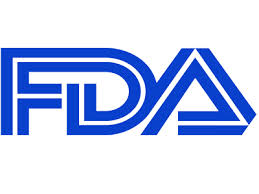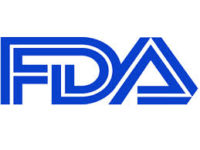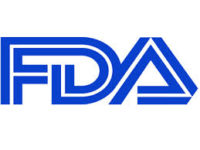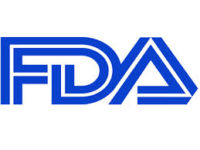The U.S. Food and Drug Administration (FDA) today issued an advance notice of proposed rulemaking that seeks input to assist the Agency in implementing section 211 of the FDA Food Safety Modernization Act (FSMA), which added new provisions to the Reportable Food Registry (RFR) requirements of the Federal Food, Drug, and Cosmetic Act. Such amendments are intended to help keep consumers notified and safe from foodborne illness. The notice will be published tomorrow in the Federal Register.
The agency also extended the comment periods on its proposed rules, “Focused Mitigation Strategies to Protect Food Against Intentional Adulteration” (and the Draft Qualitative Risk Assessment associated with that rule) and "Draft Methodological Approach for Designating High-Risk Foods."
Regarding the Reportable Food Registry, FDA's notice explained that in general, section 211 of FSMA provides that FDA may require a responsible party to submit to the Agency “consumer-oriented” information regarding a “reportable food” (with the exception of fruits and vegetables that are raw agricultural commodities), including information necessary to enable a consumer to accurately identify whether the consumer is in possession of a reportable food. A reportable food is defined as a food (other than dietary supplements or infant formula) for which there is a reasonable probability that use of, or exposure to, such food will cause serious adverse health consequences or death to humans or animals.
In addition, section 211 of FSMA directs FDA to use such “consumer-oriented” information to create one-page summaries that would be posted on FDA’s website for the purposes of consumer notification. Further, grocery stores with 15 or more physical locations, that sold the reportable food, would be required to prominently display the one-page FDA summary, or information from the summary, within 24 hours of FDA’s web posting. Grocery stores would also be required to display the information for 14 days.
Through the ANPRM, FDA is seeking input to help determine, among other things:
- what information should be required in consumer notifications so that consumers can determine whether a food in their possession is a reportable food;
- the format in which the information should be presented;
- what types of retail establishments FDA should consider to be “grocery stores” subject to the consumer notification requirements;
- how grocery stores should be made aware that the information has been published on FDA’s website;
- what constitutes prominent display or sharing of the information by a grocery store with its customers;
- the impact on grocery stores from posting the information;
- if consumers should be notified that this type of information will not be generated for dietary supplements, infant formula, and fruits and vegetables that are raw agricultural commodities; and
- if FDA should require industry to submit consumer-oriented information to FDA, even if the food will not be available for sale to consumers at the retail level.
FDA officials said they believe the information obtained through the ANPRM will assist the Agency in implementing and efficiently enforcing the amendments under section 211 of FSMA, and they invite all interested parties to comment on the ANPRM.
As for the comment period extensions, the FDA today announced it is extending the comment period on the draft methodological approach to identifying high-risk foods to May 22. That 45-day extension is based on requests to extend the comment period on the proposed rule, which was originally published in the Federal Register on Feb. 4. More information on the proposed rule is available here.
Yesterday, the FDA announced it is extending the comment period to June 30 for “Focused Mitigation Strategies to Protect Food Against Intentional Adulteration,” and the associated Draft Qualitative Risk Assessment. The proposed rule was originally published in the Federal Register on Dec. 24, 2013, and FDA is granting the 90-day extension in response to requests received during the initial comment period. More information on the proposed rules is available here.




